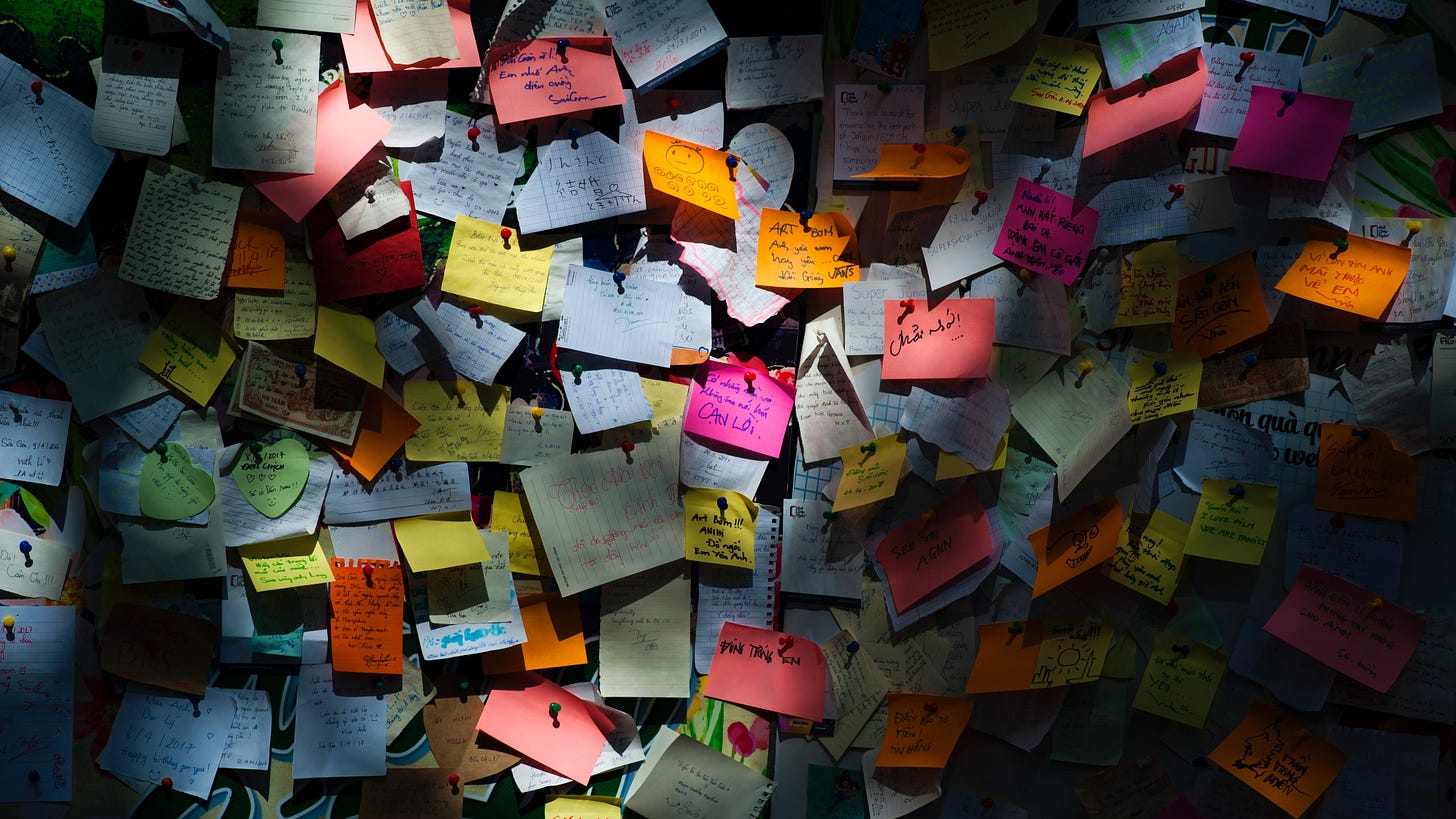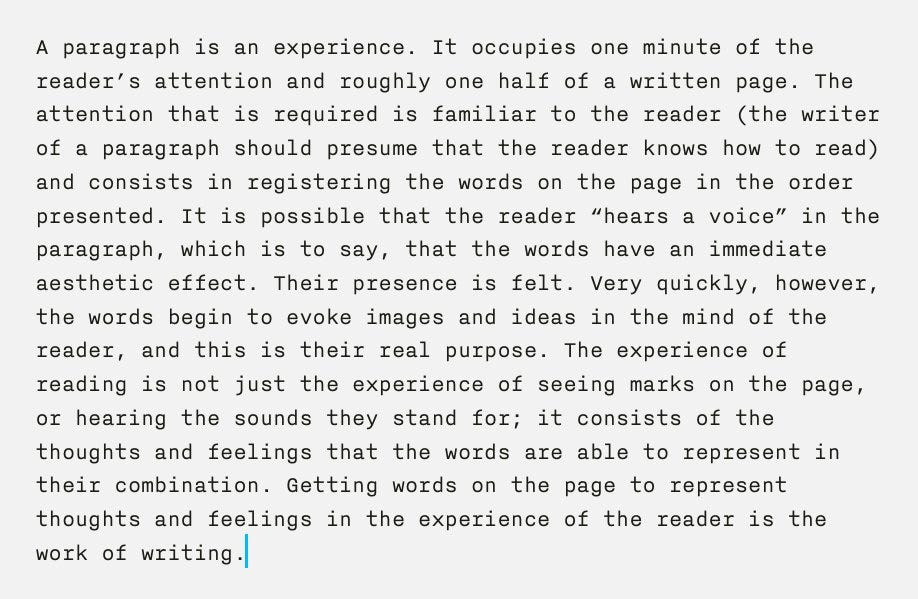Unsystematic Likes #2
Interesting pieces from around the web
Academic myths > academic evidence
“When it comes to research culture, why do folktales carry more weight than evidence?” LSE Blogs, Juan Pablo Pardo-Guerra
We may be trained in methods and theories, in coding languages and historiographies, but we are rarely inducted into more reflexive knowledges about ourselves as professional groups. Many academics learn to be academics by largely “winging it”, following what others did, emulating what worked (however imperfectly) in the past. Handbooks about academic life exist, but they tend to be reading materials for those already in despair rather than those coming into the profession. This is, of course, ironic particularly for a professional group devoted to producing knowledge about the world. “Physician, heal thyself”, it is said, unless you are an actual doctor.
The big break
“How Trump left Washington even swampier”, The New Republic, Ed Burmila
The Big Break largely reinforces the sense that Trump changed the tone of our politics more than their substance. Everything feels cheaper, flimsier, more like a con. It always was, of course, but the city that took great pains to hide its unseemliness under layers of pomp and gravity no longer seems to try as hard. If things are going down the pan, nobody here seems especially concerned, as evidenced by the way the Bankman-Frieds and their ally McElwee saunter through this story blissfully unaware of what is in store for them. This is a book about people who believe themselves safely insulated from whatever happens and for whom everything will always be fine, which of course they are, and it will be—right up to the moment at which they aren’t, and it isn’t.
Experience paragraphs
Thomas Basbøll, https://twitter.com/Inframethod/status/1661402216719085573?s=20


